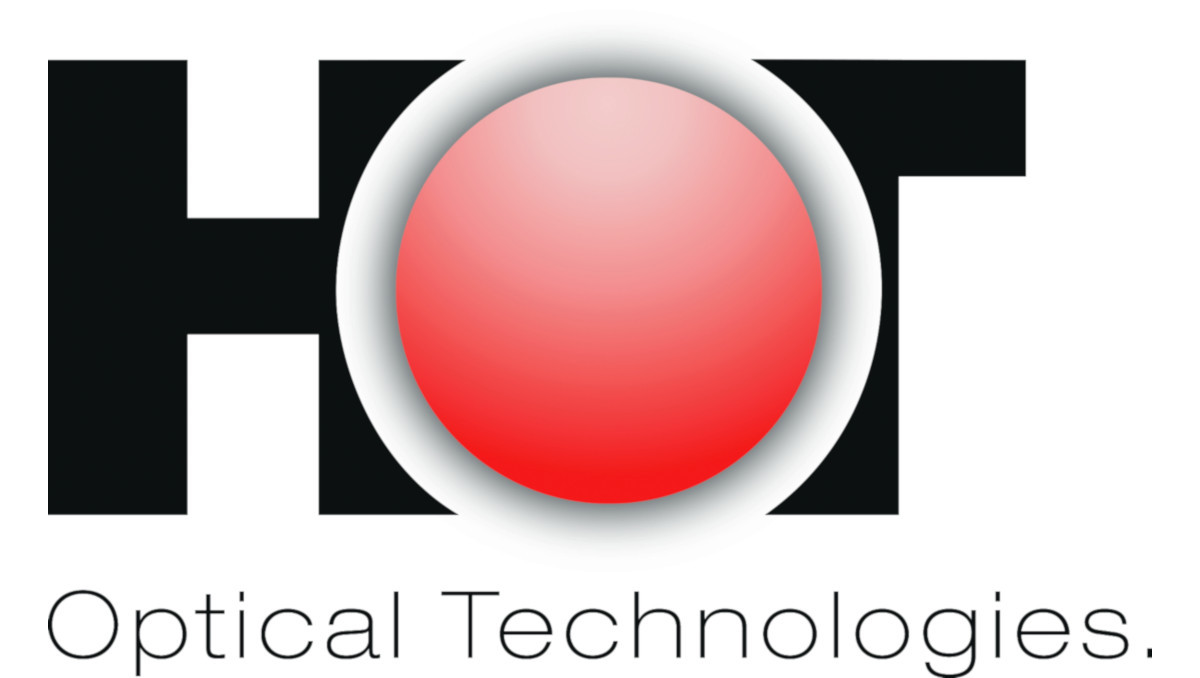Helium ion beam lithography and liftoff
- verfasst von
- Sabaa Rashid, Jaspreet Walia, Howard Northfield, Choloong Hahn, Anthony Olivieri, Antonio Calà Lesina, Fabio Variola, Arnaud Weck, Lora Ramunno, Pierre Berini
- Abstract
We introduce a helium ion beam lithography and liftoff process to fabricate arbitrary nanostructures. Exploiting existing high-resolution positive tone resists such as poly (methyl methacrylate) (PMMA), the process offers three significant advantages over electron beam lithography: (a) the exposing helium ion beam produces a high secondary electron yield leading to fast patterning, (b) proximity effects are negligible due to the low count of backscattered helium ions from the substrate, and (c) the process is transferrable with minimal alteration among different types of substrates (e.g. silicon, fused silica). The process can be used to pattern any material compatible with liftoff such as evaporated metals or dielectrics, and allows overlay of nanostructures precision-aligned to microstructures realised beforehand on the same substrate. The process is demonstrated for several PMMA thicknesses to liftoff different thicknesses of deposited material. Resolution trials are conducted to determine the limits of the process for each PMMA thickness. Isolated lines as narrow as 14 nm, and line-space gratings of 40 nm pitch (50% duty cycle), are produced as resolution tests by lifting off a 20 nm thick Au film. Nanostructures of aspect ratio up to ∼3:1 have been realised. Plasmonic nanoantenna arrays overlaid to microscale contacts are produced as device demonstrators, for which optical measurements are in excellent agreement with theory.
- Organisationseinheit(en)
-
Institut für Transport- und Automatisierungstechnik
PhoenixD: Simulation, Fabrikation und Anwendung optischer Systeme
Hannoversches Zentrum für Optische Technologien (HOT)
- Externe Organisation(en)
-
University of Ottawa
- Typ
- Artikel
- Journal
- Nano Futures
- Band
- 5
- Publikationsdatum
- 04.06.2021
- Publikationsstatus
- Veröffentlicht
- Peer-reviewed
- Ja
- ASJC Scopus Sachgebiete
- Bioengineering, Chemie (insg.), Atom- und Molekularphysik sowie Optik, Biomedizintechnik, Werkstoffwissenschaften (insg.), Elektrotechnik und Elektronik
- Elektronische Version(en)
-
https://doi.org/10.1088/2399-1984/abfd98 (Zugang:
Geschlossen)
